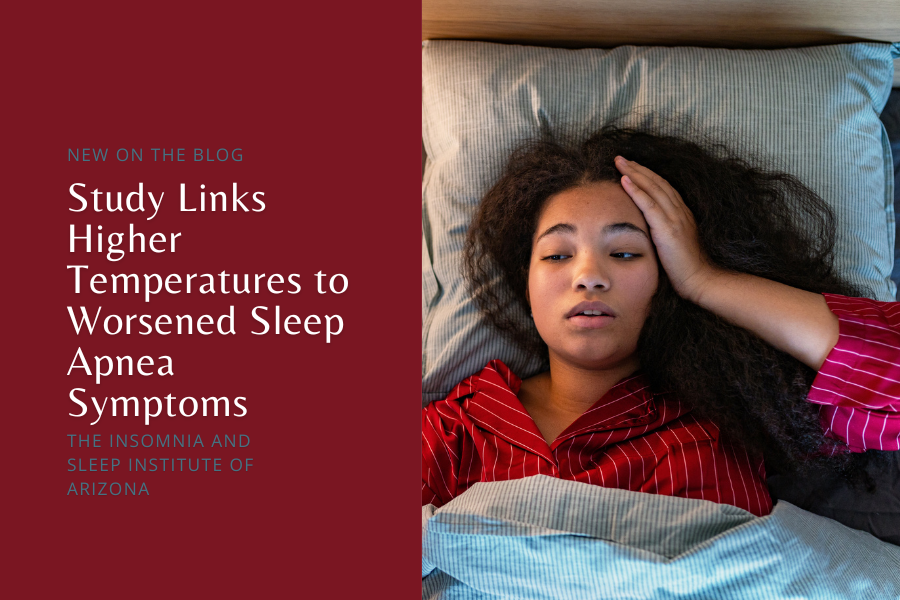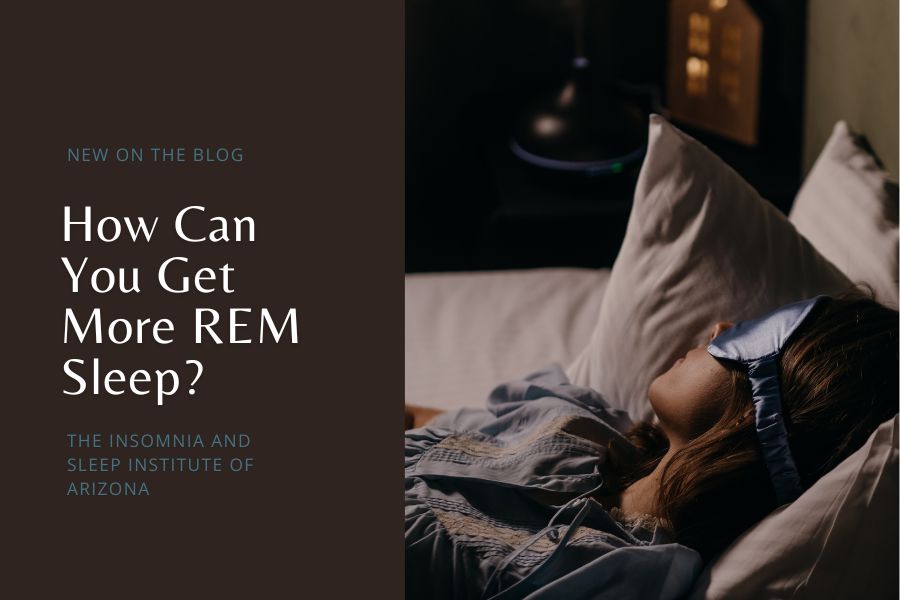We already know that when you don’t get enough quality sleep, your performance is affected the next day—whether that means work, school, or working on personal relationships. However, it’s not enough to simply “get enough sleep.” Having regular sleep patterns is important for everyone, which means trying to go to sleep and wake up at the same time every day (including weekends). Irregular sleep patterns can trigger or exacerbate sleep disorders, and at The Insomnia and Sleep Institute of Arizona we are committed to helping patients of all ages get the sleep they need. Teenagers can have especially troubling sleep patterns, reverting to needing more sleep than they did when they were in grade school.
Unfortunately, the design of school hours and the teenage brain’s tendency to want to be a night owl can lead to a cocktail of sleep-based destruction. Recent research in Sleep found that teens who have “greater variability” in sleep patterns are also at an increased risk of having trouble in school. The findings were also presented at the SLEEP conference, where it was revealed that teens with the most variability on a nightly basis were 42 percent more likely to have been expelled or suspended in the last two years. They were also 29 percent more likely to have earned a D or F in a course. Plus, they were 26 percent more likely to have failed a class. Those with a lot of sleep duration variability—rather than simply variability in the time they slept—were 31 percent more likely to have been suspended or expelled.
The lead author explains,
Variability in sleep duration and later sleep timing were associated with worse academic performance and school-related behaviors in our sample. The results highlight the importance of early, regular sleep timing and duration for optimal academic performance and school-related behavioral functioning in adolescence.
Setting a Foundation for Good Sleep
There are a lot of potential variabilities when it comes to sleep including duration, quality, lack of sleep disturbances/disorders, timing, and regularity. According to the American Academy of Sleep Medicine, teens need 8 – 10 hours of sleep every night in order to achieve best health (and academic success). Since many schools start around 8 a.m., and teens also need a healthy breakfast as well as time to get ready and commute in the morning, they often need to wake up no later than 6:30 a.m. (and often earlier). This would require many teens to be asleep (not just in bed) by 8:30 p.m. That simply isn’t feasible for the vast majority of teens and families without making some major changes.
The researchers discovered their findings after analyzing over 700 students as part of the Future of Families and Child Wellbeing Study. This is a country-wide sampling of teens from all different kinds of backgrounds. The teen participants wore an actigraphy device for one week to track sleep and movement. They also completed surveys assessing their grades and any history of school problems. Adjustments were made for household differences, demographics, and any depression or anxiety diagnoses. The lead author hopes that this information will help inform parents on the importance of sleep, saying, “Stabilizing sleep schedules in adolescents may be an important tool to promote functioning at school,” she says in the release.
Getting Your Teen the Sleep They Need
It’s never too late to improve your sleep quality, quantity, and hygiene. However, it’s much easier to set these standards in childhood. Teens are notoriously sleepy (and, in turn, sleep deprived) but prioritizing sleep is an essential part of setting them up for success and health. If you notice your teen is not getting at least eight hours of sleep, is staying up too late, or has irregularities in their sleep patterns, it might be time to see a sleep specialist.
When it comes to insomnia, which can include trouble falling asleep as well as staying asleep, cognitive behavioral therapy for insomnia (CBT-I) is often the first step. This often includes changing day and night patterns to encourage quality sleep at the same time every night. Removing electronics from bedrooms and having a no-screen policy at least two hours before bedtime is a big first step for many parents and teens. To schedule a consultation at The Insomnia and Sleep Institute, contact us today by calling the office or completing the online contact form.








